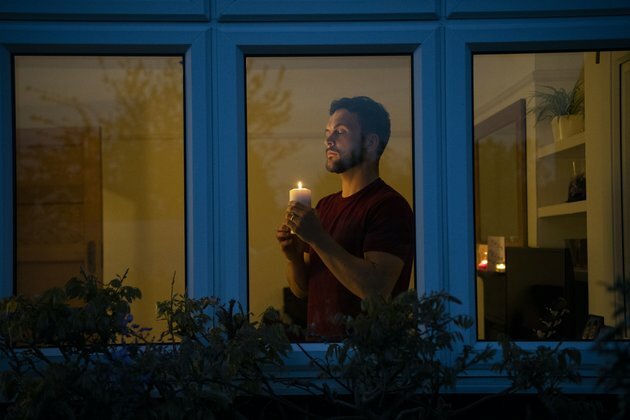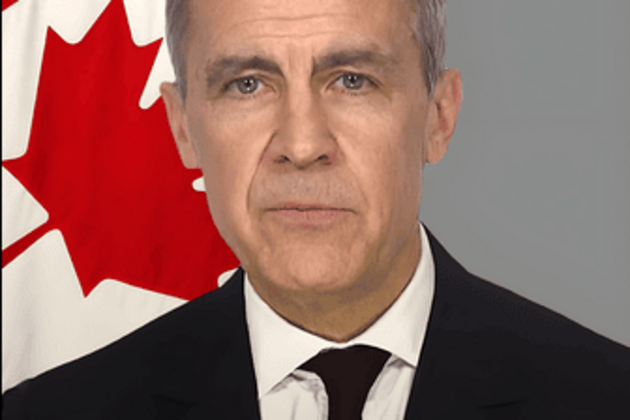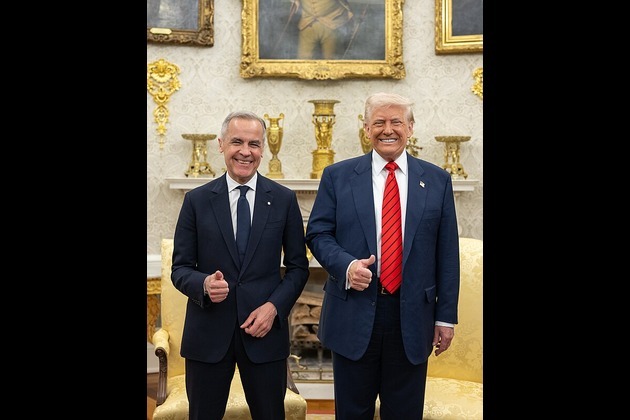Do we need a national day of mourning after the coronavirus pandemic?
The Conversation
03 Aug 2020, 18:10 GMT+10

At the end of July, the charity Marie Curie UK launched a campaign for a national day to "reflect, grieve and remember" the thousands of people who have died during the COVID-19 pandemic. The charity pointed out the incongruity between the scale of bereavement since March 23 and the absence of familiar mourning rituals.
Indeed, the absence of public mourning during the pandemic is striking - particularly in Britain, where the closest equivalent to a patriotic national day is Remembrance Day.
While Remembrance Day lacks the celebratory parades and fireworks of national days in other countries, it carries the same effect: mourning the dead binds people together through shared memories, rituals and values. Mourning, in short, creates a sense of solidarity, and even shared identity, amid a shared loss. That solidarity is neither arbitrary nor apolitical. Remembrance Day, for example, gives prominent roles to royals and politicians and invokes courage, heroism and sacrifice.
Since mourning serves so many important purposes for individuals and nations alike, this raises the question of what happens in its absence. The alternative to mourning is melancholia: the denial that a loss is real, the inability to make sense of it or learn from it and, ultimately, the inability to move on.
Like mourning, melancholia may apply to individuals and groups alike. At the national level, without formally acknowledging loss, governments may find it easier to suppress difficult memories - such as of state racism, empire or genocide. In each case, there is a fear that acknowledging the horror of the past will threaten the identity of the nation in the present. Officially recognising Britain's colonial atrocities, for example, would undermine the myth that Britain is fundamentally more liberal and tolerant than its European neighbours.
Mourning and melancholia
The same is true of the COVID-19 crisis: the way we remember Britain's experience of the pandemic will shape the way we understand Britain at large. Grappling with difficult memories enables us to critique leaders, policies and even identities. But whether a national day of mourning would achieve this very much depends on how it is framed.
The UK government has stopped holding daily press briefings on COVID-19. Over the summer, the rainbows in front windows have begun to fade and weekly claps for the NHS have ended. The public discussion of COVID-19 has shifted away from the death toll and towards the politics of the lockdown. We talk about the reopening of pubs and restaurants, wearing masks and the logistics of taking holidays. These stories are far removed from the jarring images of military convoys transporting bodies in Bergamo, or of mass graves in New York, that circulated in the early months of the pandemic.
If we understand the absence of mourning as melancholia, then this gives us insight into why death is so absent from representations of the pandemic in Britain. Prime Minister Boris Johnson touted the declining daily death toll as a "massive success" but the UK's death toll is the fourth highest in the world. The Office for National Statistics has revealed that England had the highest excess mortality rate in Europe during the first six months of 2020. Within this context, acknowledging the scale of death would betray the idea of Britain as resilient, sovereign and a world leader in public health. It would throw into question the government's claim to legitimacy. Many people would feel that Britain had lost its sense of self.
The high stakes of mourning and melancholia provide some insight into what pandemic bereavement might look like in the future. The Marie Curie initiative is likely to gain the government's endorsement, in large part because it appeals to solidarity and national character. Its slogan, #UniteInMemory, makes it clear that the charity's goal is to shore up solidarity rather than challenge the government's handling of the pandemic.
Within the initiative's remit is every death that has occurred in Britain since March 23. These are linked by the survivors' inability to "properly say goodbye to loved ones, comfort or even hug each other" because of lockdown rules. The lockdown is framed as a shared experience of sacrifice that reveals national character.
Focusing on individual deaths, however, also limits what mourning can achieve. An alternative to this approach would acknowledge, and grieve, the government's failure to control the pandemic and Britain's disproportionately high coronavirus death toll. By extension, it would mourn the myth of British exceptionalism - and of a particular idea of Britain itself. It is highly unlikely that such an approach would receive the endorsement of Johnson's government. Until this narrative takes hold, however, any state-sanctioned national day of mourning will bear a closer resemblance to melancholia.
Author: Meghan Tinsley - Presidential Fellow in Ethnicity and Inequalities, University of Manchester 
 Share
Share
 Tweet
Tweet
 Share
Share
 Flip
Flip
 Email
Email
Watch latest videos
Subscribe and Follow
Get a daily dose of London Mercury news through our daily email, its complimentary and keeps you fully up to date with world and business news as well.
News RELEASES
Publish news of your business, community or sports group, personnel appointments, major event and more by submitting a news release to London Mercury.
More InformationUK Editorials
SectionFormer Commerce City teacher charged with sexual assault on a minor
Former Commerce City teacher charged with sexual assault on a minor
Collapsed wall at former Bar Bar closes Champa Street in downtown Denver
Collapsed wall at former Bar Bar closes Champa Street in downtown Denver
30-person brawl erupts early Sunday morning just east of Stampede grounds
30-person brawl erupts early Sunday morning just east of Stampede grounds
Colorado DOC officer arrested in Fremont County for domestic violence
Colorado DOC officer arrested in Fremont County for domestic violence
Barry Morphew in Alamos County jail on murder charge
Barry Morphew in Alamos County jail on murder charge
Where to find free naloxone vending machines in Denver
Where to find free naloxone vending machines in Denver
Business
SectionTech stocks slide, industrials surge on Wall Street
NEW YORK, New York - Global stock indices closed with divergent performances on Tuesday, as investors weighed corporate earnings, central...
Canada-US trade talks resume after Carney rescinds tech tax
TORONTO, Canada: Canadian Prime Minister Mark Carney announced late on June 29 that trade negotiations with the U.S. have recommenced...
Lululemon accuses Costco of selling knockoff apparel
Vancouver, Canada: A high-stakes legal showdown is brewing in the world of athleisure. Lululemon, the Canadian brand known for its...
Shell rejects claim of early merger talks with BP
LONDON, U.K.: British oil giant Shell has denied reports that it is in talks to acquire rival oil company BP. The Wall Street Journal...
Wall Street extends rally, Standard and Poor's 500 hits new high
NEW YORK, New York - U.S. stock markets closed firmly in positive territory to start the week Monday, with the S&P 500 and Dow Jones...
Canadian tax on US tech giants dropped after Trump fury
WASHINGTON, D.C.: On Friday, President Donald Trump announced that he was halting trade discussions with Canada due to its decision...













